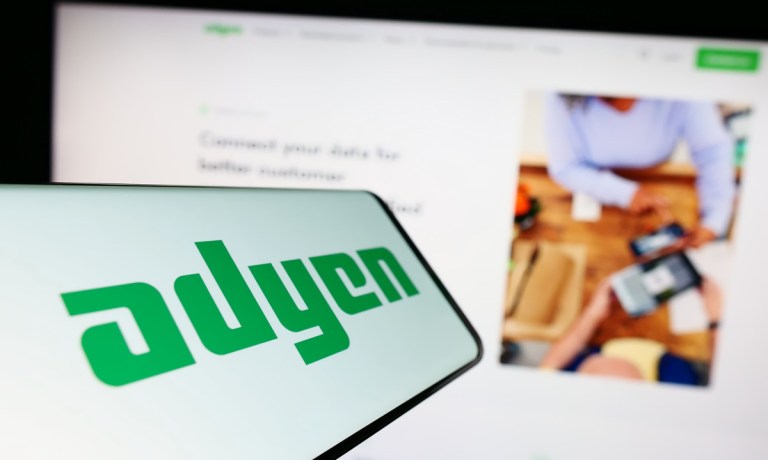QuickBooks maker Intuit has launched a collaboration with Dutch payments firm Adyen.
The partnership is designed to help small and medium-sized businesses (SMB) in the U.K. more easily manage electronic payments, Adyen said in a Wednesday (Dec. 4) news release.
The companies plan to initially integrate Adyen’s embedded payment services into Intuit’s business platform through QuickBooks Online which allows approximately 2.9 million invoices to be sent monthly in the U.K.
“Late payments cost UK SMBs an average of £22,000 annually, contributing to 50,000 business closures each year due to cash flow issues,” Adyen said in a news release, citing data from the Federation of Small Businesses and the U.K. government.
“With Adyen, Intuit Quickbooks customers will enjoy a wider choice of payment options, and SMBs will receive their funds fast thanks to Adyen’s UK banking license and direct connection to the real-time payment rails Faster Payments Services.”
The release notes that — per the Office of the Small Business Commissioner — the U.K. economy could see 2.5 billion pounds each year if SMBs were paid on time.
According to Adyen, Intuit QuickBooks UK already integrates with popular payment platforms to accommodate a range of merchant services to ease payment friction for customers.
“By embedding Adyen’s payments capabilities, and locally approved Adyen entities for payment services, Intuit lays the groundwork for integrating broader embedded financial products into its software in the future,” the company said.
Research by PYMNTS Intelligence shows that late payments are a universal problem for SMBs, with close to two-thirds of the small businesses dealing with delayed payments.
“Business-to-business (B2B) payments are essential to the economy, yet they often lag behind peer-to-peer (P2P) and consumer-to-business (C2B) models in terms of usability and security,” PYMNTS wrote in October.
“Sixty-four percent of companies face delayed payments, with suppliers typically waiting an average of 43 days to receive funds. This delay results in 80% of potential discounts going unclaimed, highlighting inefficiencies that can significantly impact cash flow and supplier relationships.”
Embedded finance, that report added, presents a compelling solution to the various challenges facing accounts payable teams by integrating financial tools directly into their software. This does away with the need for external banks or payment processors, streamlining transactions and improving security.
“The projected volume of embedded finance solutions is expected to soar to $7 trillion by 2026 (from $2.6 trillion in 2021), illustrating the growing recognition of its value,” PYMNTS wrote.
